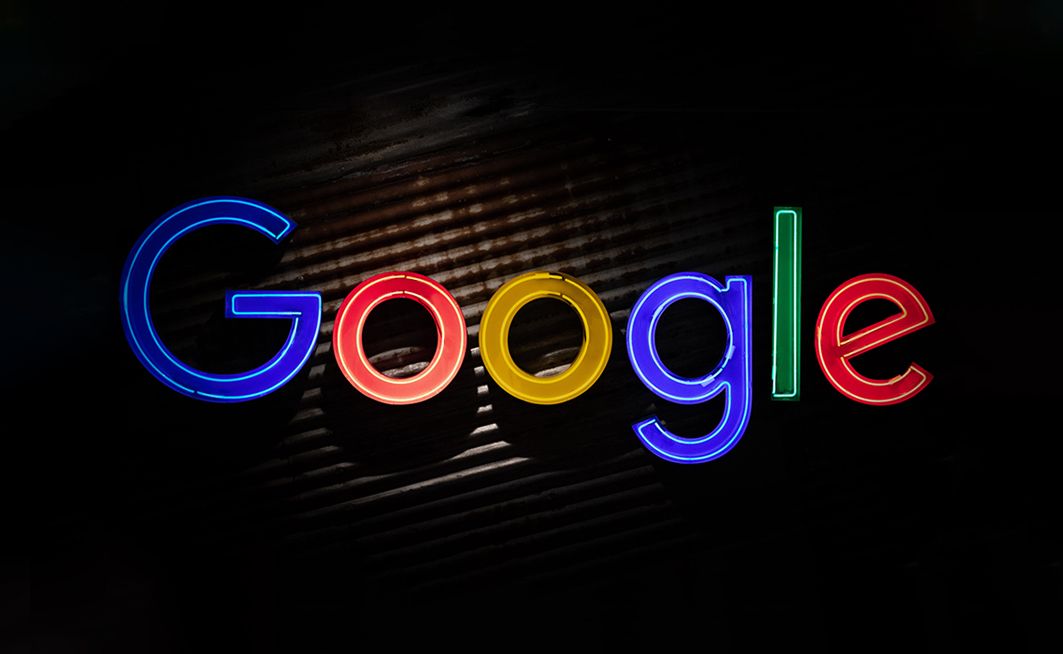Introduction
Bottom line: the Google antitrust ruling mandates limited data sharing and an internal oversight committee, while preserving Apple payments and Chrome control.
The Google antitrust ruling redraws—without overturning—the map of web search. Judge Amit P. Mehta orders Google to share some search data with rivals and to set up a compliance-oriented technical committee, yet allows ongoing payments to Apple to remain default on iPhones and maintains control over Chrome. Markets cheered: Alphabet rose over 8% after-hours and Apple over 3%. For Microsoft, OpenAI and Perplexity, access to a subset of results may speed AI search improvements, but technical and privacy constraints apply. Net effect: targeted obligations on data and governance, with core commercial arrangements untouched.
Google antitrust ruling: practical impacts
At a glance: targeted changes in data and compliance; status quo in deals and browser.
- Narrow sharing of search results to help rivals discover and index sites
- Internal five-member antitrust technical committee, including privacy experts
- Apple default-search payments continue at large scale
- No Chrome divestiture; browser remains key to AI-in-the-browser
- No obligation to share the full index or entity databases
- Unclear net benefit for rivals due to noise in data and privacy administration
Context
Quick definition: Google Search is the tech industry’s most profitable business, powered by unmatched data scale.
Google’s search dominance stems from years of data collection far exceeding competitors. In court, data was called the “oxygen” of search engines: it enables better ranking and answers. The ruling aims to open a sliver of access to reduce barriers without remedies that might harm consumers or partners.
Data sharing: what changes
Key point: Google will share a limited set of results to improve rivals’ crawling and coverage.
The order requires sharing some search results, helping competitors expand their indexes. Critical assets remain excluded, such as the full index and structured entity stores. Microsoft, OpenAI and Perplexity may benefit, but value depends on data quality and strict user-privacy constraints, since consent was given to Google, not third parties.
"This is an administration nightmare, with all sorts of privacy issues."
Jim Jansen, Principal Scientist / Qatar Computing Research Institute
Oversight committee: the Microsoft-style model
In short: an internal committee will verify compliance and safeguard user privacy.
Google must create a five-person antitrust technical committee, including privacy experts, to ensure proper data sharing and adherence to the ruling. The precedent echoes Microsoft’s early-2000s compliance program, which helped reshape processes to meet legal requirements.
Apple deals: pay to play continues
Bottom line: payments to be the default search on iPhone are allowed to continue.
The court accepted the logic for requesting a ban but judged it potentially harmful to consumers: phone and browser makers might raise prices or pick worse engines. The commercial arrangement remains, avoiding material hits to Apple’s profitability.
Chrome and the browser’s new role
Takeaway: no Chrome divestiture; the browser stays central to AI-powered web experiences.
The request to force a Chrome sell-off was rejected as a poor fit. With roughly 50% U.S. share, Chrome is positioned to embed capabilities beyond search, from news summarization to shopping assistance. Emerging AI-first browsers suggest the browser surface could act as a lightweight operating system for online tasks.
"Forced divestiture of Chrome is a poor fit for this case."
Amit P. Mehta, U.S. District Judge
Implications for AI and competition
Quick note: potential upside for rivals, constrained by data quality and privacy governance.
For AI search, limited access to results may speed training and index growth. Yet today’s data may be noisier than a decade ago, and privacy administration is complex. In the near term, Google maintains integration advantages across engine, ads and browser; rivals get room to test new search experiences without upending the current balance.
FAQ
What changes immediately for AI search under the Google antitrust ruling?
Limited result sharing can improve crawling and coverage. Real gains depend on data quality and privacy controls.
Does the ruling force Google to share its entire search index?
No. The full index and entity databases remain off-limits; only a subset of results must be shared.
What does the ruling mean for Apple–Google default search payments?
They continue. The court feared a ban could raise prices or lower quality for users of phones and browsers.
Will Chrome be split off because of the Google antitrust ruling?
No. Divestiture was deemed a poor fit; Chrome remains central to AI-in-the-browser strategies.
Will Microsoft, OpenAI and others benefit from the Google antitrust ruling?
Potentially, but benefits are uncertain due to noisy data and complex privacy administration.
What are the user risks in sharing search data with rivals?
Mainly administrative and privacy risks, since users consented to share data with Google, not third parties.
